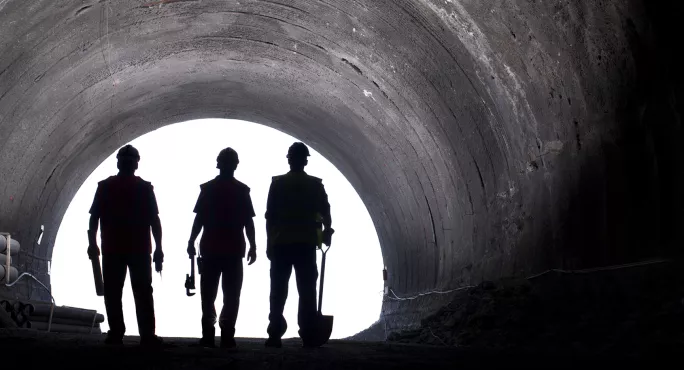Teachers must be central to ‘vast’ Scottish education reform

Few Scottish secondary educators would disagree that the aspiration and vision of the key recommendations of the June 2023 Hayward review are as essential as they are radical for ensuring that young people have the skills to tackle the challenges of tomorrow.
Although the recent publication of the Education (Scotland) Bill is welcome, to many it will read as little more than a rebranding exercise. Education secretary Jenny Gilruth has already put progress on reform behind the review’s recommended timeline for implementation. We are moving at a snail’s pace with change to curriculum and assessment structures that are acknowledged to be no longer fit for purpose.
Scottish education reform ‘a vast undertaking’
Scotland’s educational reform will, of course, be a vast undertaking, and its implementation is an understandably daunting prospect for all, be it the education secretary, local authorities or the headteachers locally responsible for successful delivery.
However, there is no question that its ultimate success lies in classroom teachers’ ability and willingness to buy into the radical changes proposed and the steep curve of career-long learning required by the Hayward review’s recommended reforms.
Our teachers are crucial to the successful modernisation of the Scottish curriculum and we must acknowledge the need for swift and significant professional learning.
However, successful educational reform in Scotland might start with something that sounds relatively straightforward to promote: the sharing of good practice that is already in place.
- Hayward review: Decision on the future of Scottish exams delayed until new school year
- Related: Scottish curricular reform is happening from the ground up
- New education bill: SQA replacement “much more than a name change”
There will be, for example, many schools and teachers in Scotland already exemplifying core “elements” of a future Scottish Diploma of Achievement (SDA) model in their classrooms.
Arguably, independent schools might offer rich resources in this respect, with baccalaureate curriculums, comprehensive Duke of Edinburgh’s Award provision and extracurricular modules of learning, not to mention the autonomous nature of these schools’ curriculum adoption that allows considerable freedom to adapt to advancing technology and real-world societal shifts.
Links between state and independent schools
Similarly, state-sector schools have much good reflective practice to offer independent schools not familiar with delivering the experiences and outcomes of the Curriculum for Excellence or the Broad General Education that will more readily feed into the SDA’s ethos, timetabling structure and assessment.
To drive educational reform in Scotland, the education secretary might consider how to support or legislate the forging of more formal links between state and independent sectors to - as the Hayward report puts in - “build collaborative networks whereby every organisation has a clear understanding of the roles each will play in the design and development of the SDA”.
The Scottish Council of Independent Schools (SCIS) and the High School of Dundee hosted a professional learning event in June - Education Reform: Curriculum for Collaboration - to encourage independent schools to share their practice within and beyond the sectors, as schools look towards curriculum reform such as the SDA model.
Impact of the Scottish Diploma of Achievement
A notable component of the SDA is “project learning”, which could offer students exciting, real-world, collaborative, inquiry-based learning opportunities. But, likewise, it might create significant challenge for schools and teachers beyond the current mode of subject-content delivery.
After the SCIS Curriculum for Collaboration professional learning event, a follow-up session hosted by Dollar Academy is being planned for later this year, with a view to keeping the collaborative momentum going.
And could this invitation be extended to state-sector colleagues, with a view to building collaborative networks across all of Scotland’s schools? We should be making the most of the resources, experience and - most importantly, expertise - of all of Scotland’s registered teachers.
By working together in a truly comprehensive and collaborative way, teachers can each play a role in the design and development of Scotland’s future curriculum - for the benefit of all of Scotland’s young people.
Dr Nicola Kiernan is a teacher-researcher at the High School of Dundee, where she is head of chemistry and Stem, and the University of Edinburgh
For the latest Scottish education news, analysis and features delivered directly to your inbox, sign up to Tes magazine’s The Week in Scotland newsletter
You need a Tes subscription to read this article
Subscribe now to read this article and get other subscriber-only content:
- Unlimited access to all Tes magazine content
- Exclusive subscriber-only stories
- Award-winning email newsletters
Already a subscriber? Log in
You need a subscription to read this article
Subscribe now to read this article and get other subscriber-only content, including:
- Unlimited access to all Tes magazine content
- Exclusive subscriber-only stories
- Award-winning email newsletters



